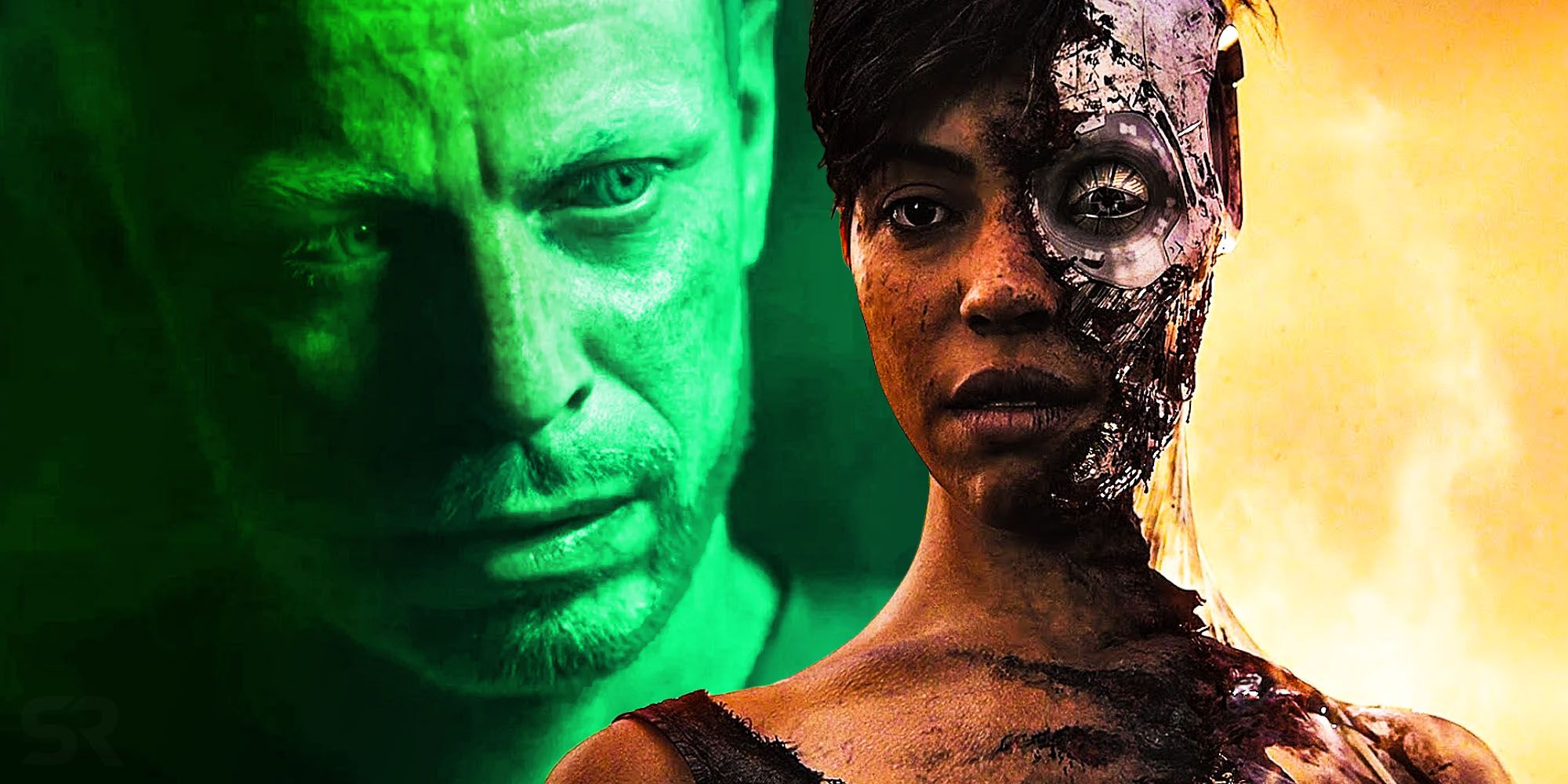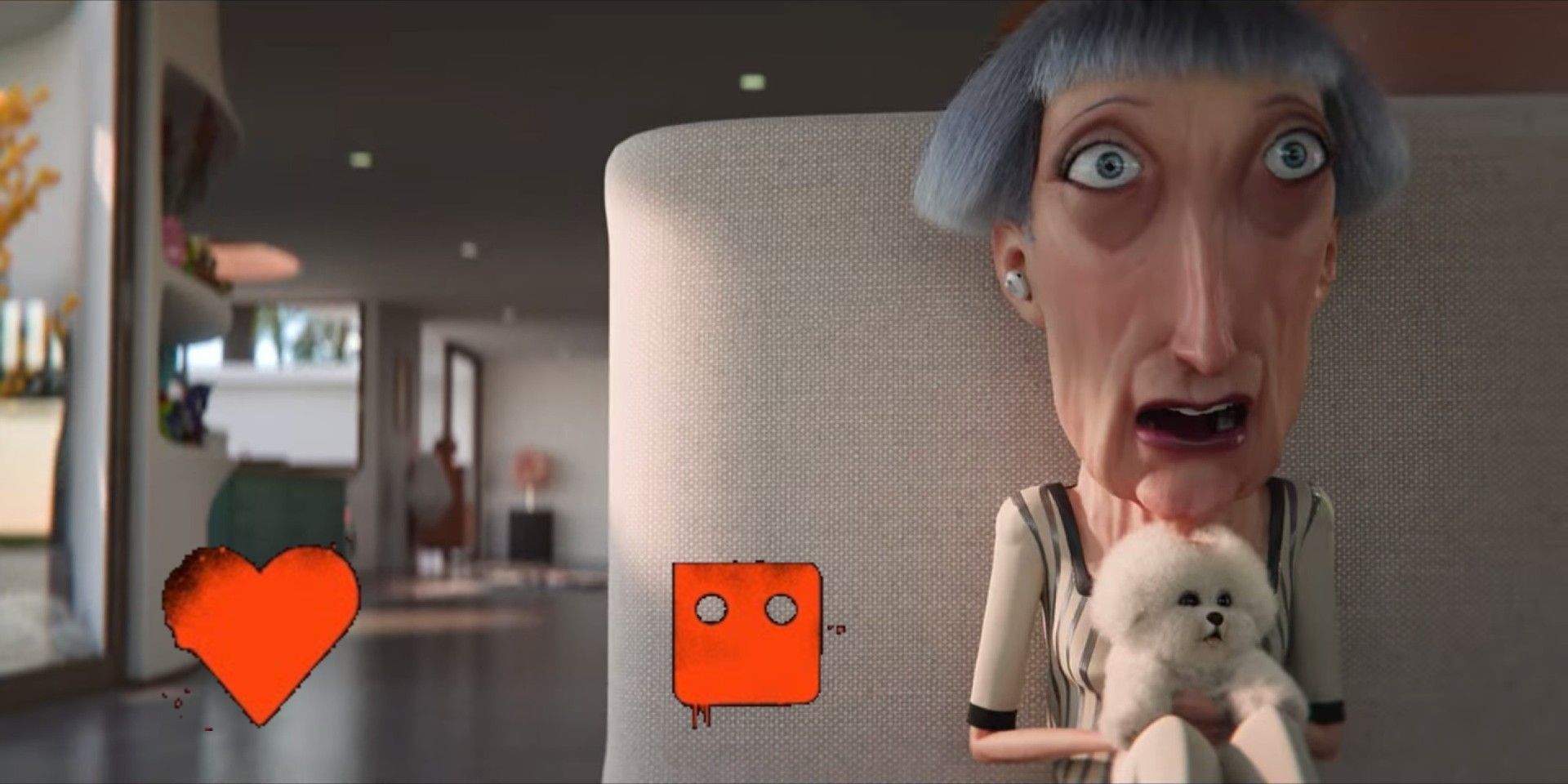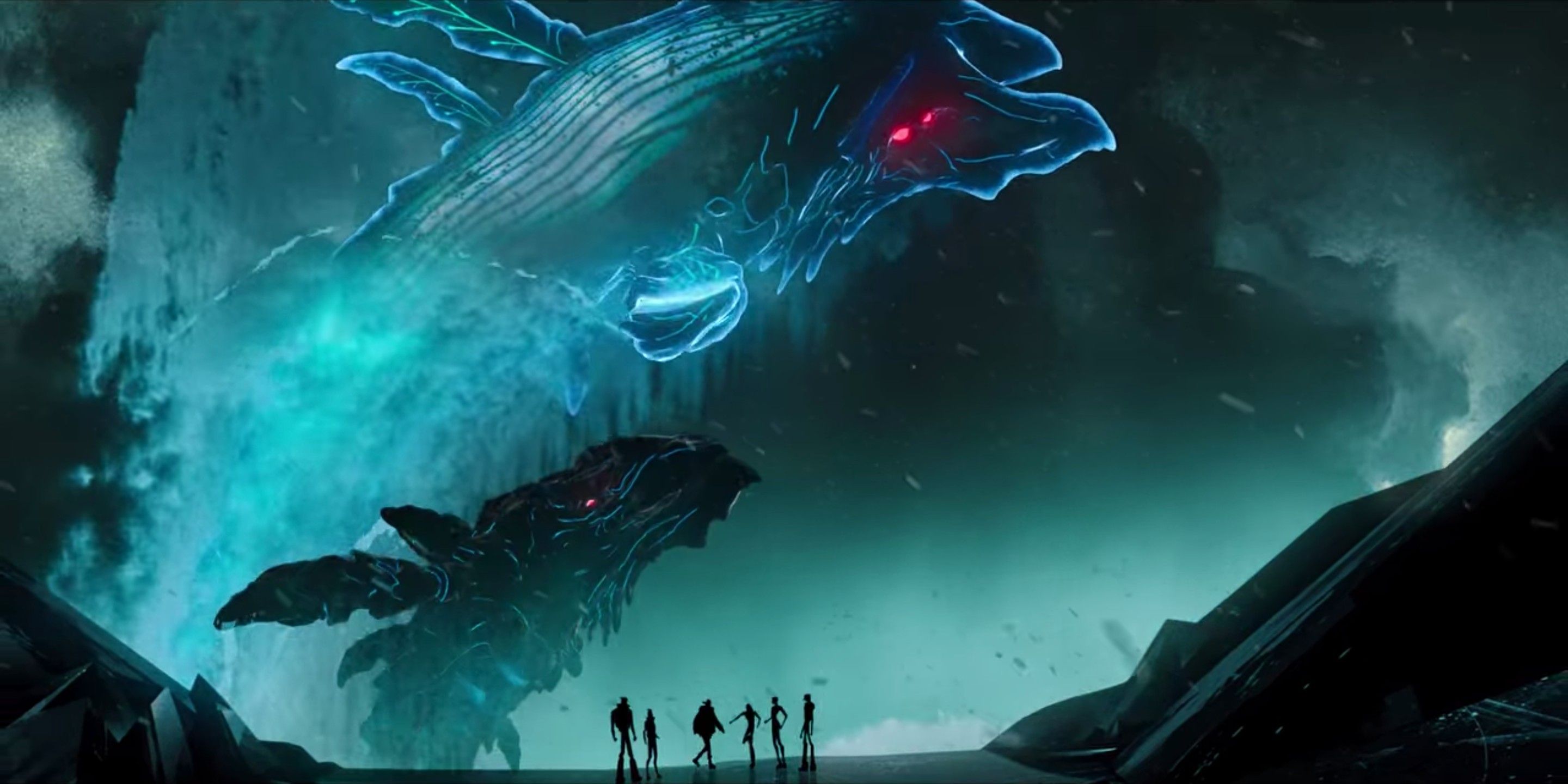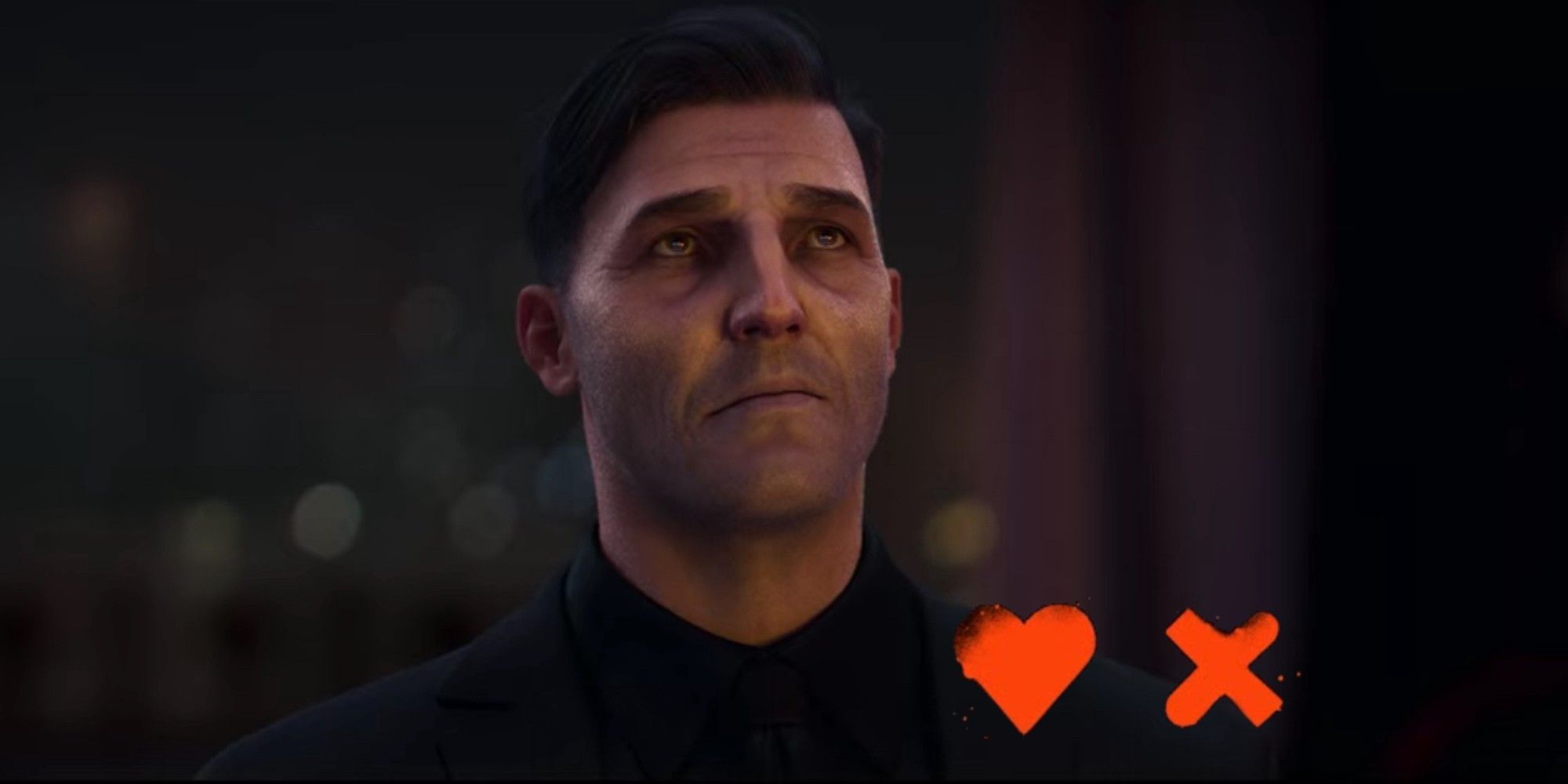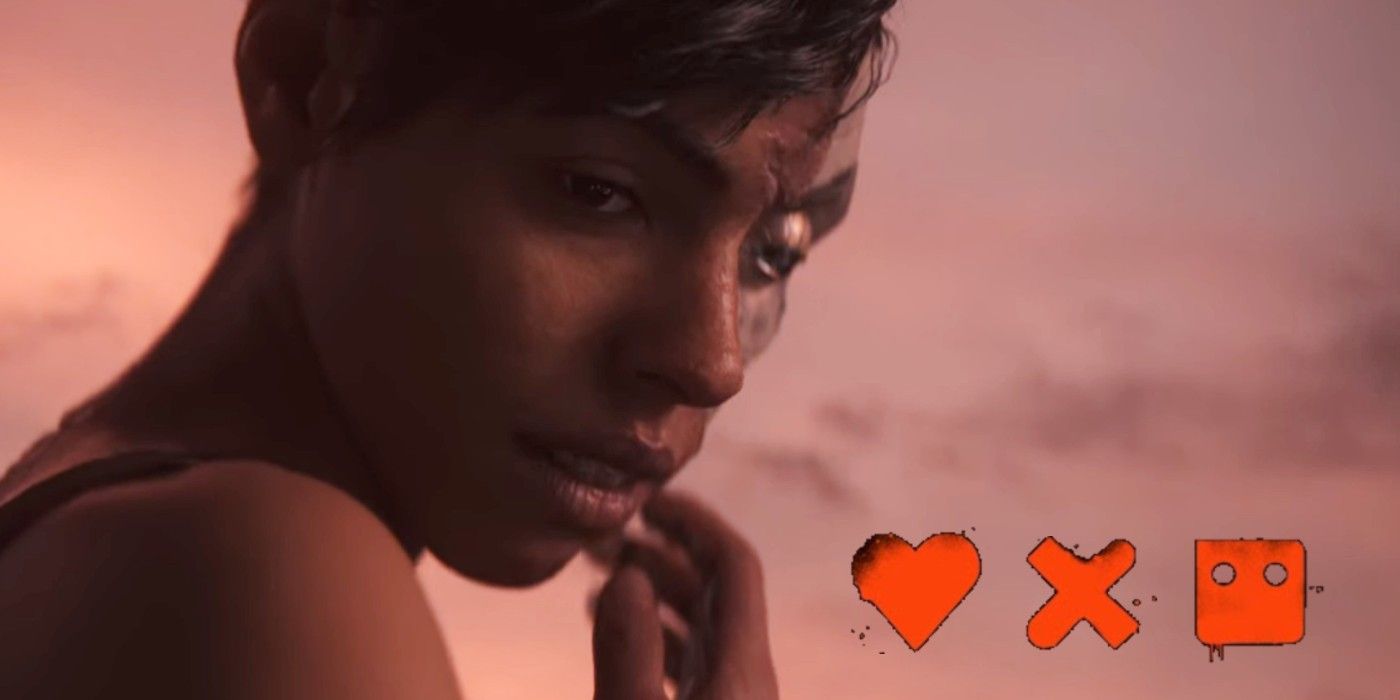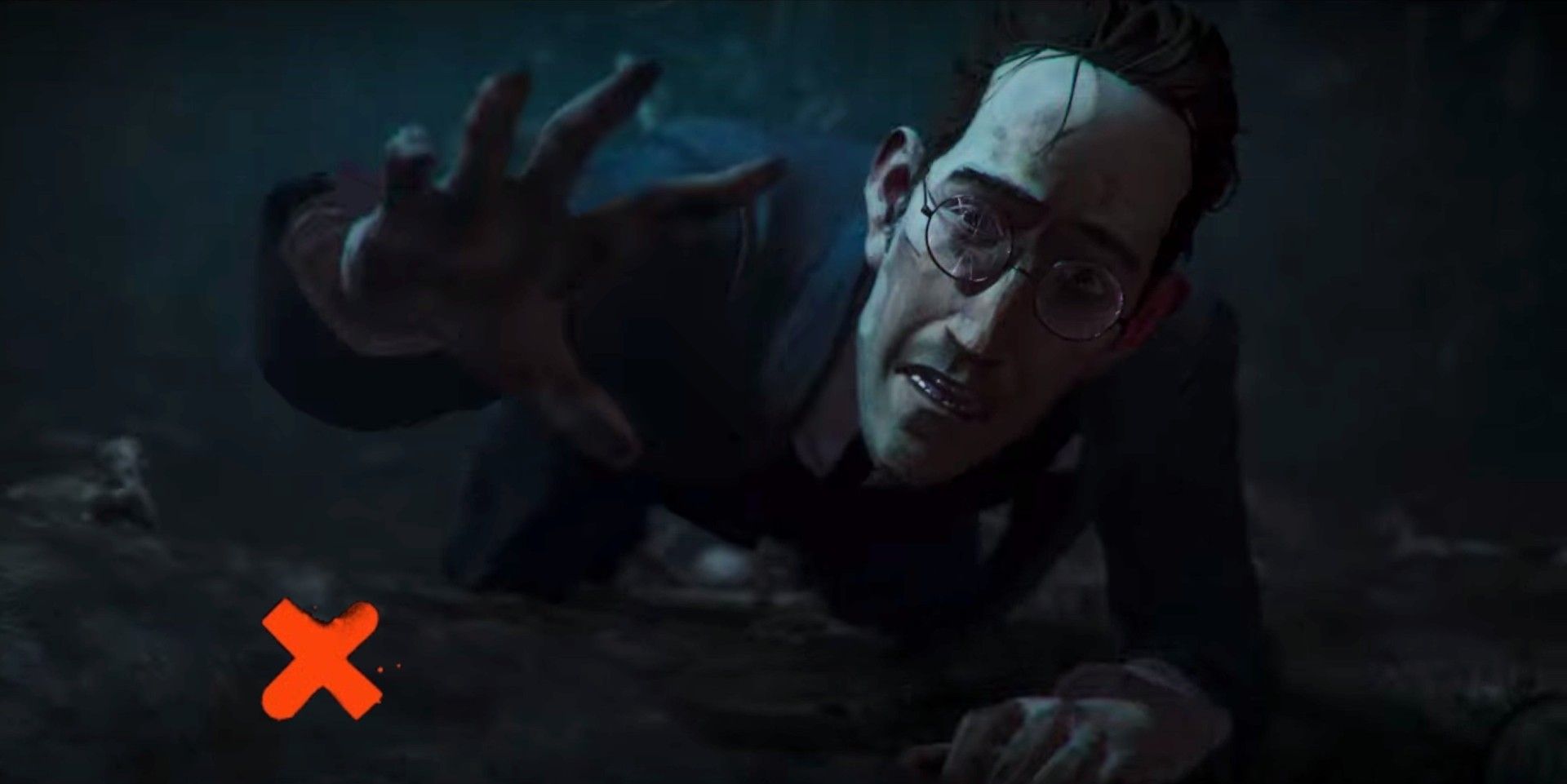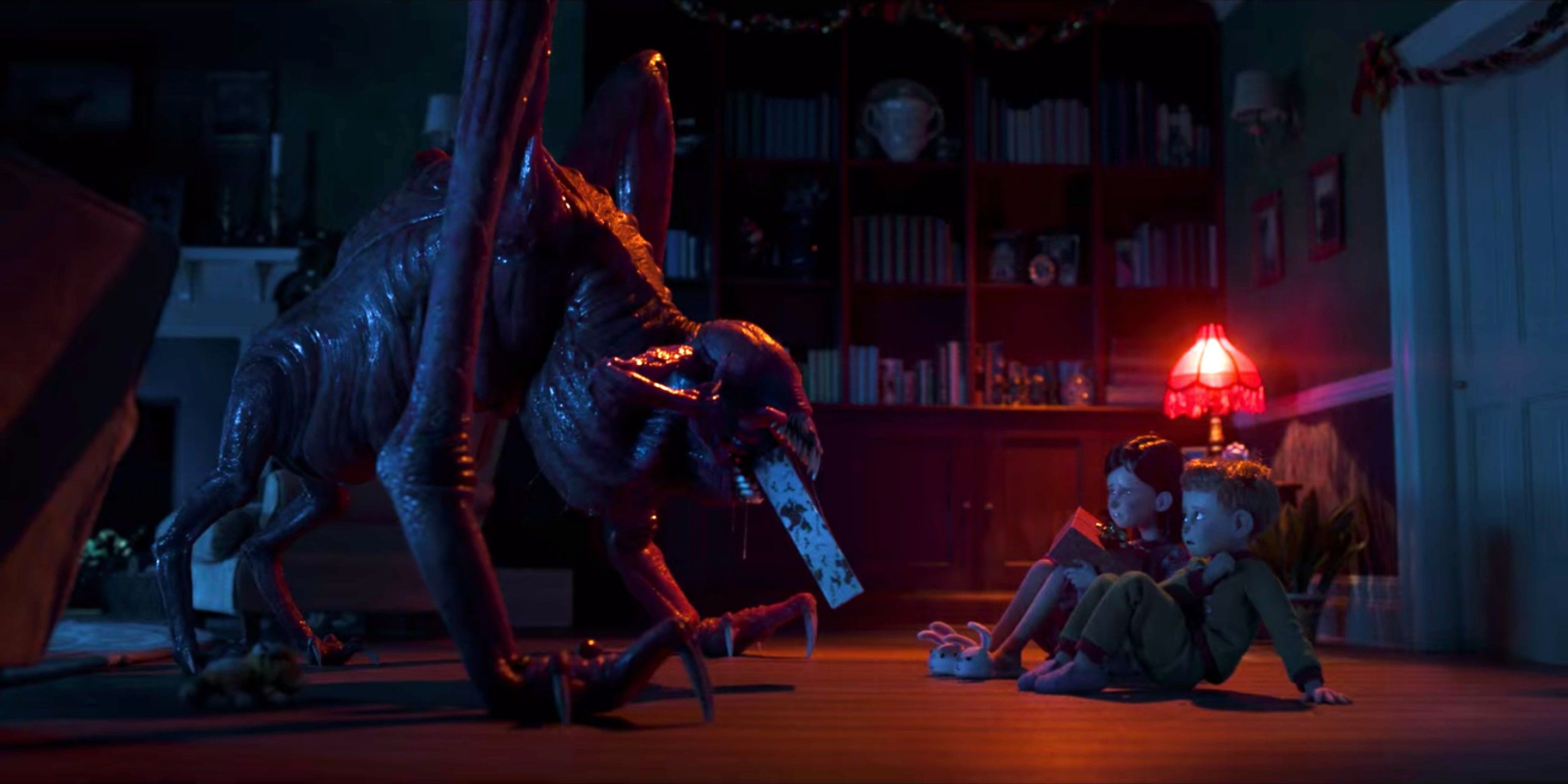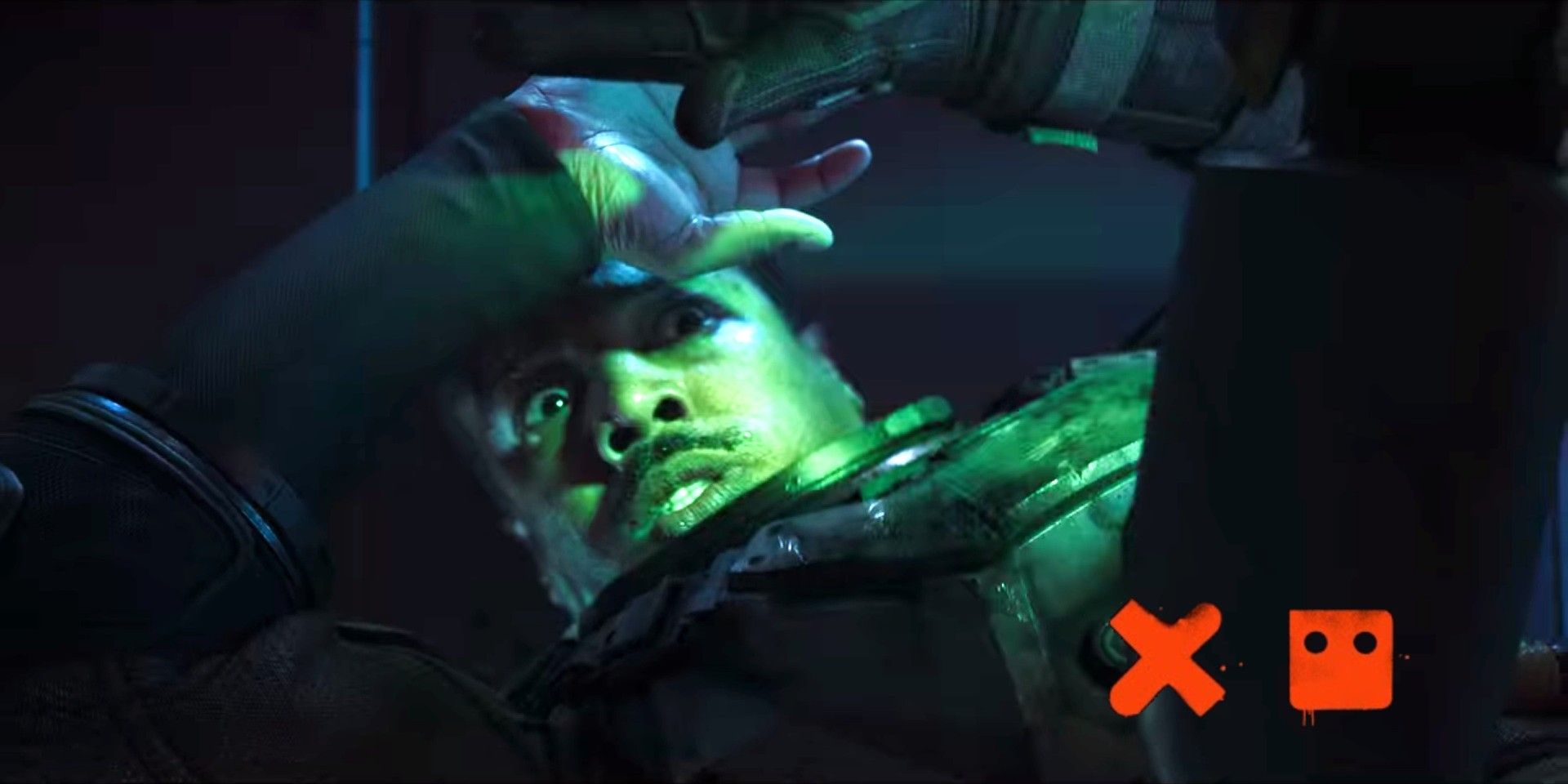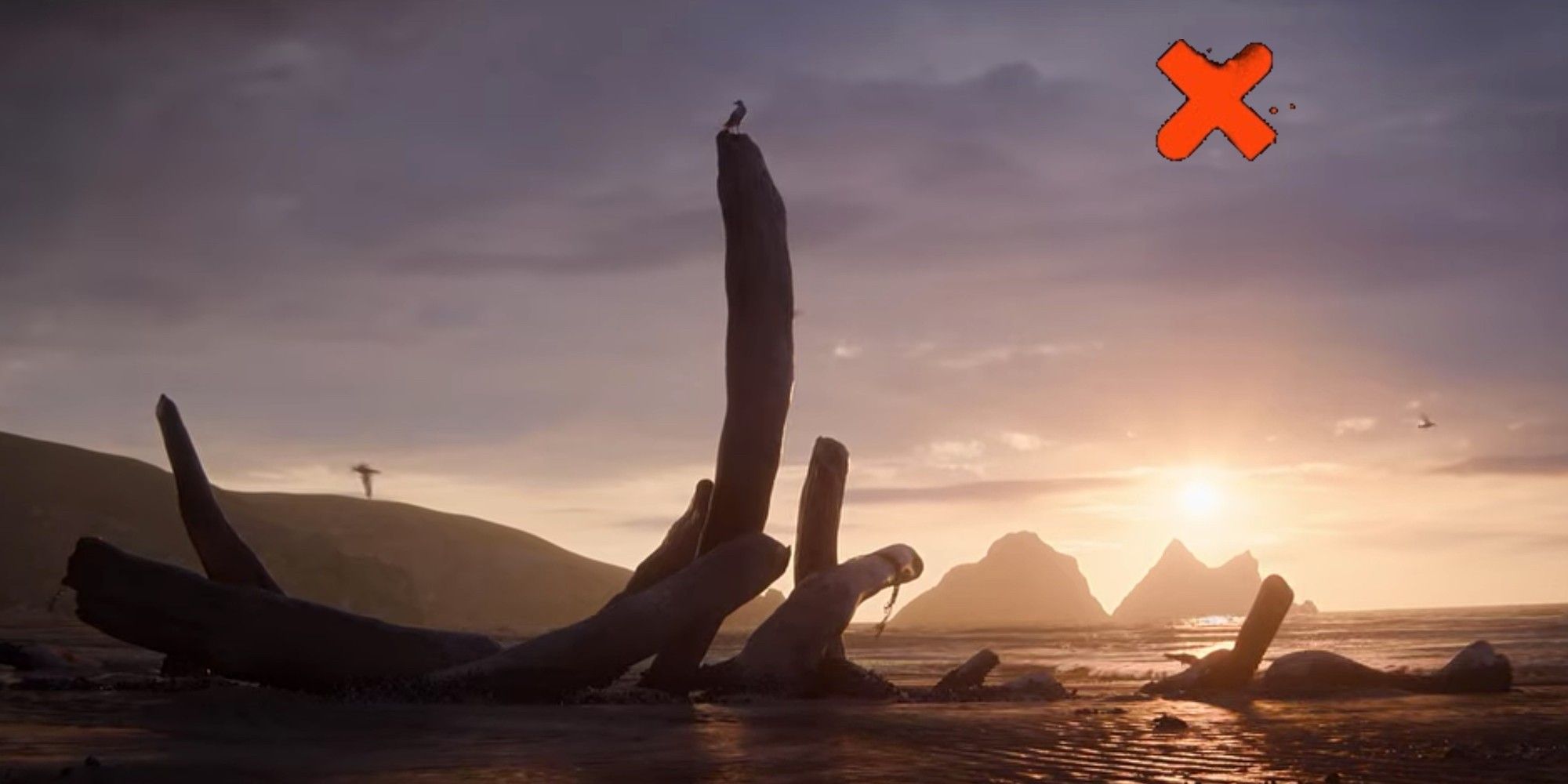Love, Death and Robots draws its name from three major themes meant to appear in each episode, so which season 2 shorts fit the bill? The animated anthology, created by Tim Miller and David Fincher, was originally conceived as a science-fiction series where every episode would include some element of love, death, or robots. Since each short is created by a different artist and tells a different story, the three themes act as thru-lines for the series.
Where Love, Death and Robots season 1 stuck more strictly to the themes, the eight episodes of season 2 travel a little further afield. Some fans have even criticized season 2 for drifting too far off target. Inclusion of the themes doesn't impact the quality of each short, but does influence genre. Where some episodes are classic science-fiction, others tend more toward horror or fantasy.
Only one episode in season 2 includes love, death, and robots. Others touch on one or two of the themes, interpreting the general concepts in different ways. Robots are overtly included in three of the season's eight shorts, while others incorporate other aspects of science fiction like aliens or space travel.
Automated Customer Service
"Automated Customer Service" is mostly focused on the "robots" part of Love, Death and Robots, taking a close look at how machines invented to serve humans don't always do what they're meant to. In this case, a "Vacuubot" designed to clean houses malfunctions and attempts to purge an elderly retiree's home of all living things. The more poignant message of the short, however, arises from Jeanette's frustrated interaction with an automated customer helpline, which she is stuck using in an effort to fix the malfunction. The episode draws a foreboding picture of a future where humans are completely dependent on technology, but ends on a hopeful note when Jeanette kills her Vacuubot and goes on the run with her neighbor. The last few seconds of the short hint at a romantic connection between Jeanette and her neighbor, folding in the "love" theme, but there's no true death in this short, unless you count the threat of death.
Ice
While "Ice" is definitely science fiction, set on a distant planet populated by genetically modified humans, it doesn't incorporate any of the series' three themes. The episode is completely devoid of robots, focused mostly on a human family who has relocated to outer space. Death is also absent from "Ice," barring the vague yet ominous threat of the Frostwhales, who contribute to the brothers' near-death experience.
The closest the episode gets to addressing love, death, or robots is its exploration of the familial love between the main character Sedgewick and his younger brother Fletcher. The two share a complicated relationship that reverses traditional sibling power dynamics. Since Fletcher is modified and Sedgewick isn't, the little brother is the one who gains the respect of his peers, leaving his older brother an outcast. The balance is restored when Sedgewick saves Fletcher's life, saving him during a dangerous race across the ice after he twists his ankle. Sedgewick takes on a protective role, easing his relationship with his little brother.
Pop Squad
"Pop Squad" lacks robots, but it has no shortage of love, death, or advanced technology. In a dystopian future, a police officer named Detective Briggs becomes a child assassin, killing youngsters who are born in violation of the law. During the short, Briggs becomes plagued by guilt, questioning the morality of his job. He's torn between two views of death — is it a socially acceptable necessity to prevent overpopulation, or is it merely the murder of innocents?
Love also features prominently in the episode, mainly the reckless love parents feel for their children. Even though having kids is against the law, some "breeders" persist, experiencing a form of love the rest of the world has forgotten. The hyper-protective nature of the parents in this world, and their wild grief when their children are killed, is spot on. In contrast, the sexual relationship between Briggs and Alice feels a little forced.
Snow in the Desert
"Snow in the Desert" is the only episode of season 2 to check all three boxes when it comes to love, death and robots. The short smoothly incorporates all three in a story about the loneliness of immortality. Death comes into the picture immediately as bounty hunters make attempts on Snow's life. The bloody fights end with the death of the attackers and the audience discovering that Snow himself is immortal. Death is a major theme in this short as the quick, violent deaths of the bounty hunters are contrasted with Snow's eternal existence.
Love is also immediately evident as the mysterious Hirald introduces herself to Snow and the two develop a romantic connection. The sexual tension between them is almost palpable, coming to fruition about three-quarters through the story. Robots (of a sort) enter the short at the end, as it's revealed Hirald is a cyborg. Although she has a human brain, most of her body is made up of high-tech robotics. The short raises questions about the nature of humanity as Snow and Hirald embark on a relationship free from the fear of loss.
The Tall Grass
"The Tall Grass" teeters on the edge of science fiction as zombie-like creatures attack a lost train passenger. Love and robots are clearly not a part of this short, although death does come into play. A significant part of the short shows the train passenger running for his life, desperate to return to civilization (the train) in order to escape the dangers of the tall grass. Although it's effective, at best, the episode touches on one of the series' themes.
All Through the House
"All Through the House" highlights the horror aspect of science-fiction, replacing robots with aliens. Like "Ice," the short also tend to ignore the themes of love and death, sticking closely to a story about the the consequences for good or bad children. At 7 minutes, "All Through the House" is the shortest episode of season 2, so it's narrow focus is appropriate. The short is well-executed, rather than trying to shoehorn in themes that don't fit the story.
Life Hutch
"Life Hutch" takes a deeper dive into two themes — death and robots — to the exclusion of the third — love. There's no romance in the story of a grounded pilot fighting for his life. In fact, there's not even a chance at romance, given that the short focuses on only one character. Death and robots, however, are significant parts of the story.
When a malfunctioning robot starts attacking anything that moves, a pilot's safe haven becomes a gladiatorial arena. The substance of the 14-minute short that is "Life Hutch" is a fight to the death, a tense struggle for survival between two entities. The audience already sympathizes with the grounded pilot, but the short also humanizes the robot by showing parts of the scene from its perspective. When the pilot delivers the death blow, the audience is watching through the robot's eyes, making its destruction feel like real death.
The robot's malfunction raises questions about the nature of life and technology. If a robot starts acting outside its intended purpose, is that a kind of free will? At times, it feels like this episode is about the robot's fight for survival, rather than the pilot's.
The Drowned Giant
"The Drowned Giant," has one overriding theme — death. Death literally overshadows every moment of this 14-minute episode as the audience watches a giant corpse slowly decompose. The sheer scale of the drowning victim provides audiences with an up close and personal look at the indignity of death. When the giant first washes ashore, he looks as if he could simply be sleeping. As the weeks go by, however, his body is picked over by opportunistic locals, becoming nothing but a shell of humanity. The giant is a spectacle, but as a human-like figure, he's also a reminder of how we're reduced to nothing but a pile of flesh and bones when life ends. The short is narrated by a scientist, Steven, who is fixated by the giant's death and dismemberment but concludes that the mammoth is still alive in his memory and imagination.

